Almost two-thirds of website traffic comes from organic search. Logically, being easily found on search engines should be an integral part of your online marketing and website development strategy. Aside from the high potential volume of traffic, developing organic traffic is relatively inexpensive and has a long ‘shelf life’ because your site’s content can remain searchable for years. Those who work with us know we’re not huge fans of all the SEO companies (aka Snake Oil Salesmen) that bang on our doors promising high Google rankings every day. From our experience, and as a matter of regular site-building practice, we focus on the basics we’re about to share. Yes indeed, your small or midsize business can get found (not lost) using our primer to improve your search engine ranking.
Where Does Website Traffic Come From?
Aside from organic search, your site also gets traffic from direct entries (i.e., someone you met in the real world types in your URL), your paid advertising campaigns (PPC), social networks, email marketing and external links (“backlinks”). Your main goal for traffic is to get as much “good traffic” as you can (e.g., not spam, and hopefully potential customers and fans). It’s been our experience that driving traffic gets more traffic – that is, there’s a compounding effect. So you should consider using all these other traffic sources to get traffic by using PPC campaigns, engaging on social networks, using email marketing and cultivating relationships with other websites to get more inbound links. Consider traffic as ingredient one in your online presence.
| Search Engine | Market Share (Desktop) |
|---|---|
| 77.82% | |
| Bing | 7.96% |
| Yahoo | 6.39% |
| Baidu | 6.37% |
| Ask | 0.15% |
| AOL | 0.08% |
| Excite | 0.01% |
Search Engine Market Share: Desktop
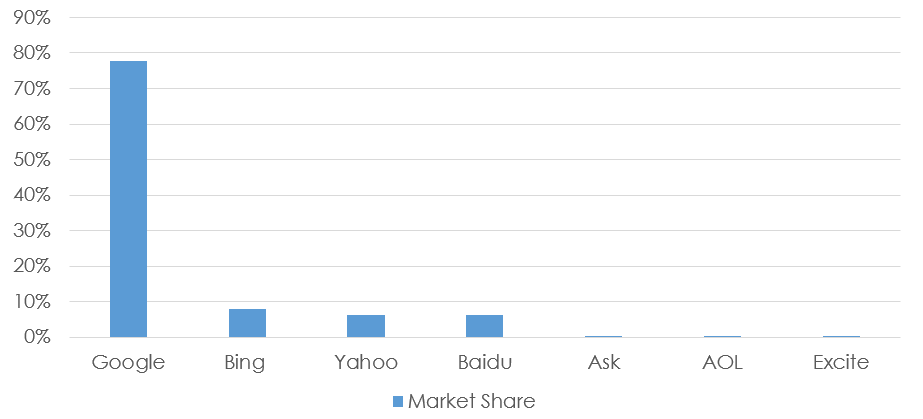
| Search Engine | Market Share (Mobile+Tablet) |
|---|---|
| 93.76% | |
| Yahoo | 4.01% |
| Bing | 1.06% |
| Baidu | 0.37% |
| Ask | 0.04% |
| AOL | 0.01% |
| Excite | 0.00% |
Search Engine Market Share: Mobile + Tablet
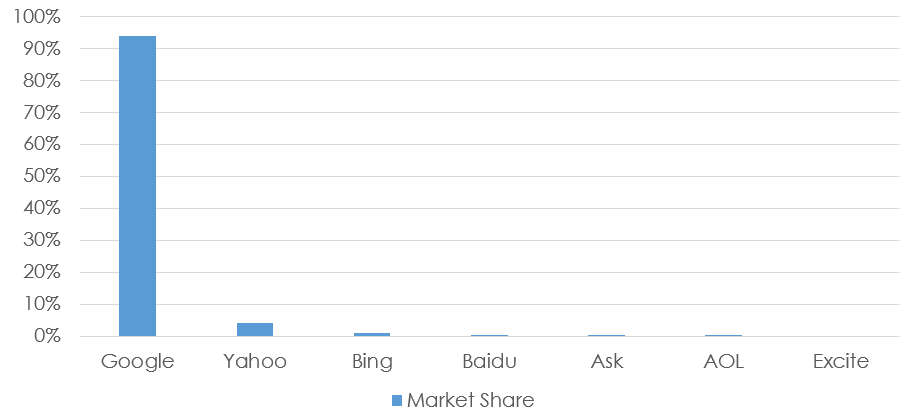
Basic SEO Mistakes
We work with clients across the country in a variety of industries, and we’ve seen a number of common mistakes. Here are things to make sure you’re not doing if you want to improve your search engine ranking!
No Google Analytics
We’ve encountered many situations where there’s no analytics set up, or they’re not set up correctly. It’s free to do, and it’s a critical tool in understanding your web traffic. If you don’t have Google Analytics, check out the tools below. If you’re stuck on what you need to do, please contact us, and we’ll help you.
Not Registered with Google
Are you sure your website is properly registered with Google? If not, you should be. With three quarters of all desktop search and over 90% of all mobile search, you’d be wise to get listed! Google provides some free and easy-to-use tools to make sure your site is searchable and functional.
Broken Links & Crawl Errors
The search engines don’t like broken links – think of how a site visitor reacts when clicking a bad link (it’s a bad search engine experience, so they may switch search engines). Fresh, accurate search results are the lifeblood of search engines, so you don’t want the search engine bots having any problems…
High Bounce Rate
A ‘bounce’ is when a site visitor leaves without doing anything. Consider searching for “coffee”. If you search for that most wonderful caffeinated elixir, and wind up on a site about an FTP client (there is one), you immediately leave. You bounce. What you really want on your website is the visitor to review as much information as possible on your site. So clicking to other pages and spending more than a few minutes are good indicators you’re a ‘good result’ to the search engine. Make sure you don’t try to trick users with your content – it may work short-term, but it hurst in the long-term.
Bad Data in Analytics
Looks like we’re big in Russia! We see a number of weird results in Google data – it inflates your traffic reports but isn’t really good traffic. You don’t want to delete the data, but you also want to make sure you filter it out of your reviews.
Small business owners: 3 steps to creating accurate Google Analytics reports http://selnd.com/2iXKQt8
(Bad) Speed Kills
Page load speed is definitely a ranking factor with search engines. Sure that hi-res image you licensed from Getty LOOKS good, but at 1.2MB to download, it’s not helping your cause. Reduce page load speeds as much as you possibly can, using smaller images and optimized page code.
Poor On-Page SEO Techniques
Your pages matter too. Once your content can be indexed and loaded, it should be optimized for search – details like page titles, headlines, keyword density, using ALT tags and linking to good supporting content (internally and externally) all help your page ranking. If you’re running WordPress
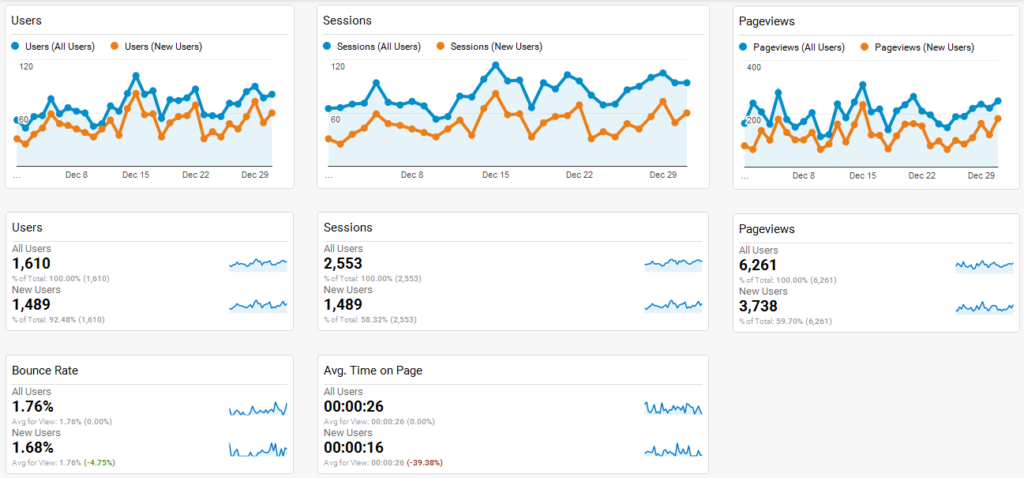
Tools to Improve Search Engine Ranking
Even if you’re not the one doing the day-to-day management of your site, you may be wise to learn a few of the basic tools so you’re not being bamboozled by SEO Snake Oil Salesmen (or even your own IT person/department). Understanding the basics of these tools will help you make more informed decisions for your business, from where to invest resources to who your customers really are.
Google Analytics
How do you know if your strategy and tactics are working? You need Google Analytics (or Clicky, listed below) to track traffic volume, sources and audience.
Clicky
Not a Google fan? Here’s your best option for traffic analysis: Clicky.
Google Webmaster Tools
One of the must-have elements to improve your search engine ranking is Google Webmaster Tools, which we explained earlier as a way to find trouble spots on your site.
Bing Webmaster Tools
Don’t forget about the second place search engine from Microsoft, especially if you’re selling business-to-business (B2B). Bing is used in many corporate environments and by many Outlook (Hotmail) users.
SpyFu
Want a Jedi view of your competitors’ SEO and PPC programs? Check out SpyFu and you’ll know almost everything!
SEMRush
Want a birds’ eye view of how you and your rivals are doing? You’ll have an idea of traffic patterns, audience and marketing direction. Note, SEMRush works best for sites with decent traffic. You may steal some keyword ideas or find places to market you hadn’t considered (fish where the fish are…).
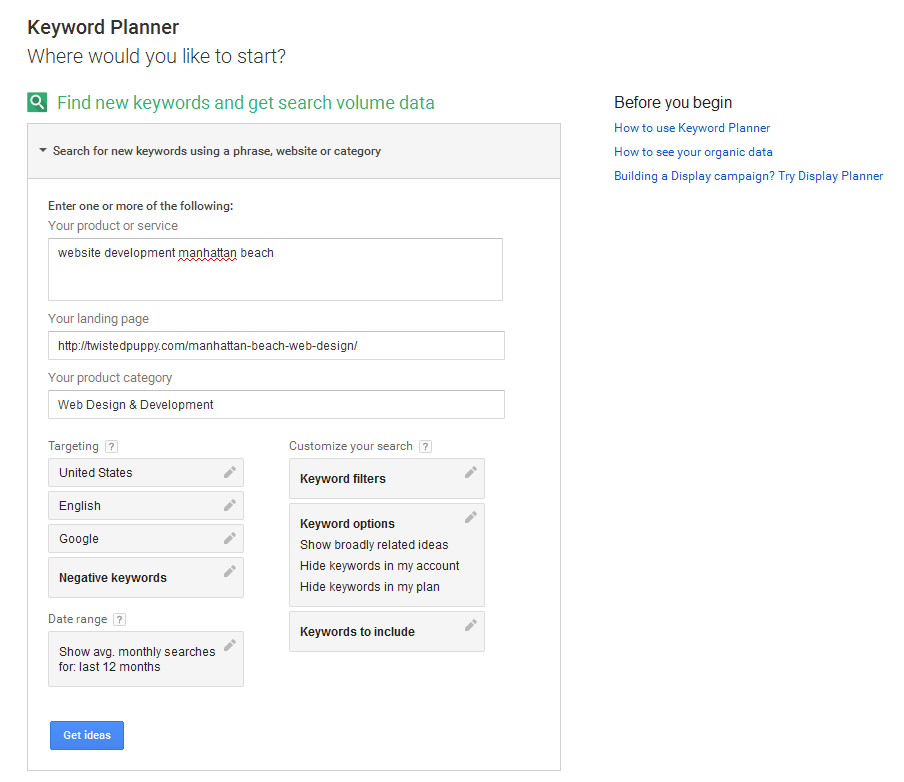 Google Keyword Planner
Google Keyword Planner
You’ll need a Google AdWords account, but Keyword Planner is free to use to research how much traffic keywords get (we use this to get and verify ideas for blog posts).
Keyword Tool
Don’t have Google and want to do keyword research? Keyword Tool‘s your best option.
Moz
Moz is a paid service, and a fountain of information on how Google works and what you should be doing to maximize your site traffic. With the Moz Toolbar, for example, you can find out how competitive target keywords are, and even more important, why the sites rank.
Broken Link Checker
You may find many different options, but DO check your broken links with something like Broken Link Checker. We use plugins in WordPress or simple sites like Broken Link Check for quick results.
Page Speed Analyzer
If your site takes an eternity to load, you’ll have a higher bounce rate. Not sure? Try checking performance with Page Speed Analyzer – have your developer optimize images, add caching or anything else you need to make your site load faster and deliver a better user experience.
Smart Tactics – 10 Things You Can Do To Improve Your Search Engine Ranking
Set up (or double check) Google Analytics.
If you have a web manager or developer, ask to see your latest Google Analytics monthly report, showing Total Unique Visitors, New Visitors, Unique Sessions, Page Views, Bounce Rate and Average Time on Site. If you’re the one in charge of your site, guess who needs to run this report! If you don’t have Google Analytics, it’s time…
Set up (or double check) Google Webmaster Tools and Search Console.
If you have a web manager or developer, ask what the latest crawl results are. Is your site map up to date? Any crawl errors? Does it look like all your website pages are being crawled? If you find problems, fix them as soon as possible.
Build a Dashboard and make a Results Plan.
You can easily make a Google Dashboard that gives you a quick view without having to reconfigure things every time. You can build your own or download pre-built ones from the community.
Clean up any bad data in your traffic logs.
If you find problems in your logs, address them as soon as possible. Things like broken links or warnings in your Webmaster Tools should be a high priority.
Check bounce rate.
Check your Bounce Rate in Analytics – if it seems high, you’ll need to work on creating a better user experience: better content, faster performance, easier navigation, clear messaging and visual cues on how to best use your website. First things first: Page Load Times (make sure they aren’t horrific).
Update your website.
When’s the last time you did housekeeping on your website? Information not only can be stale, but it can be inaccurate. Also, one of the most important factors in website traffic is the customer experience – make sure you’re giving the visitor good, accurate information in a visually pleasing framework.
Write some new blog material (one per month/week/more).
Search engines reward updates. If you build a site and walk away, your ranking will peak and then decline. We like to set up an editorial calendar months ahead of time and work toward a bigger agenda with SEO (e.g., building domain authority around conversion rate optimization!).
Review your blogs for successful posts – what you can you improve?
Congratulations that you’ve been blogging this past year. What worked? What didn’t? Adjust! If you have a popular post, good for you – but you can still make it better! Freshen up statistics, review your SEO and fix any errors.
Set goals.
We’ve talked about Objectives and Key Results (OKRs) for many years. Do you have goals for your website? Are you trying things to improve your traffic and conversion? Here’s a quick example:
Objective: Increase proposal requests to 3 per day
Who: Scott
Key Results:
Increase daily website visitors from 900 to 1000
Increase total monthly unique visitors to 2200
Increase time on page from 00:40 to 01:00
Set goals and review performance at least monthly. Does your Dashboard support your goals? If not, update it!
Build backlinks.
An effective way to rank your pages is with external links. What can you do that adds external links? Are you on Yelp? Do you have a Google Local page? Have you ever submitted a guest blog post to an industry website? Referral links, also known as backlinks, solidify your credibility with search engines.
Commit to Improve Your Search Engine Ranking
We are not an SEO vendor – it’s simply part of the online marketing game. We’re focused on helping our clients get better marketing results, and traffic is important in that quest. You don’t have to pay someone to do search engine optimization, and we believe you don’t add it to a site after you build it – you need to do it all the time. Focus on the basics – Pareto Principle applies. With a steady effort using these tools, you can improve your search engine ranking.
Attention | Interest | Desire | Action. Attention? Check. Next time we’ll tackle Interest.


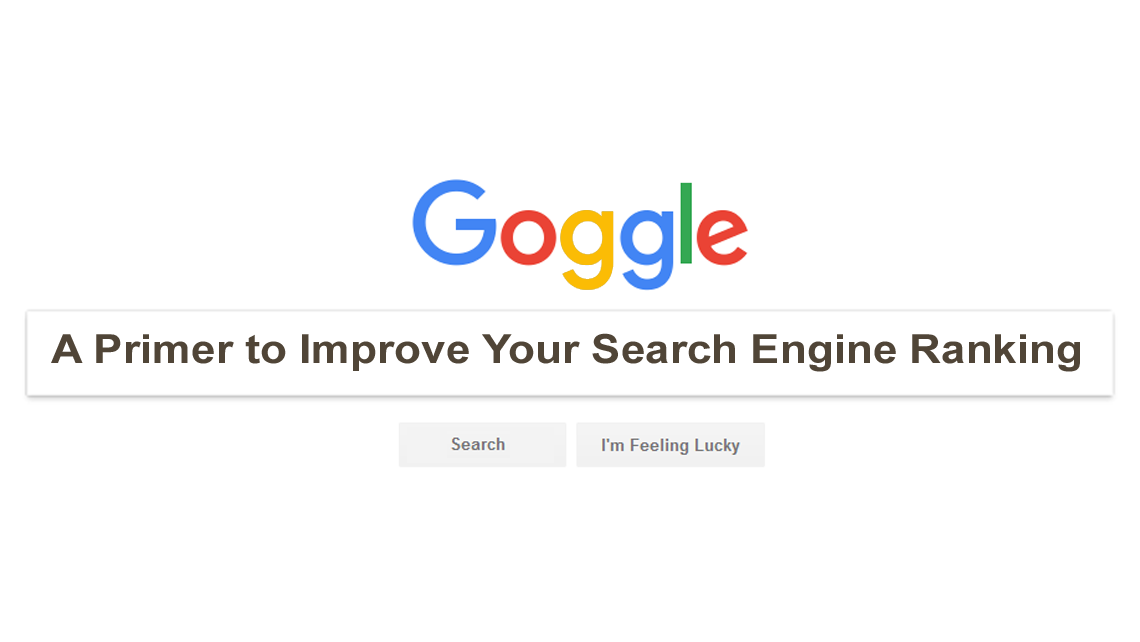
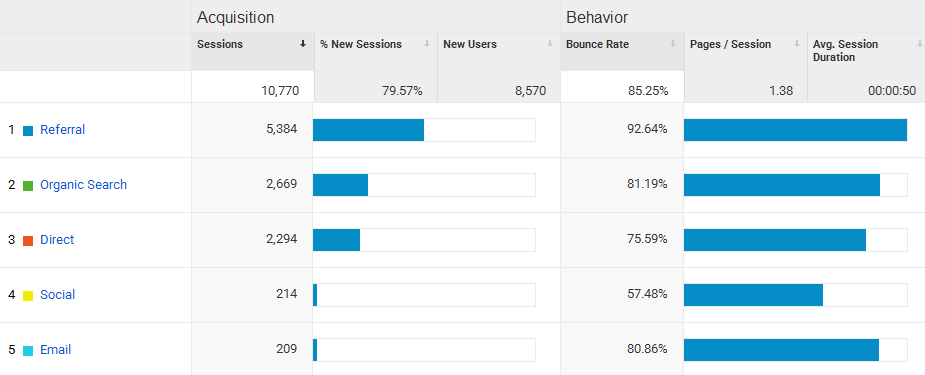






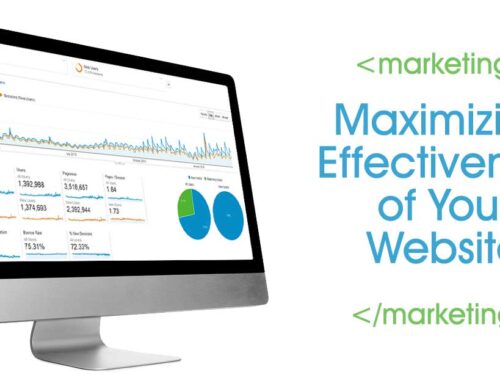
Leave A Comment